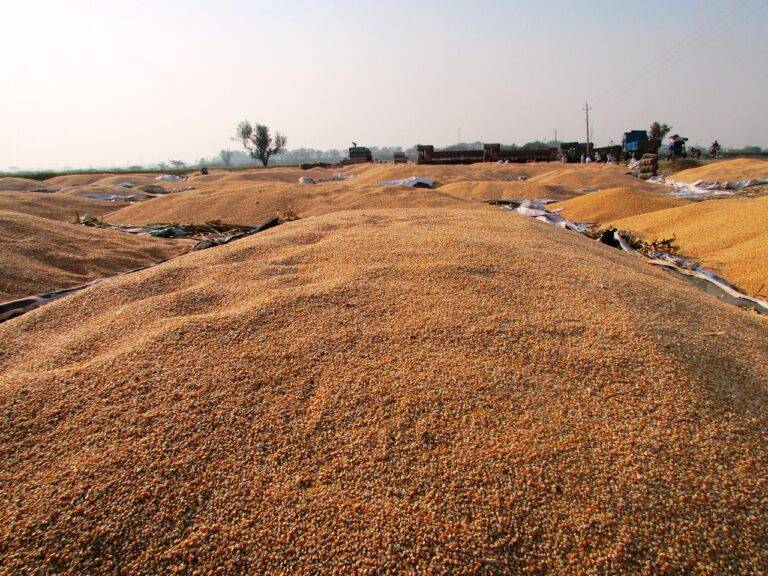The Influence of Political Debates on Election Outcomes
Political debates have played a critical role in shaping election outcomes throughout history. These live televised events allow candidates to directly address voters, presenting their policies and responses to pressing issues. The first-ever televised presidential debate between Richard Nixon and John F. Kennedy in 1960 marked a significant turning point in how candidates engaged with the public, highlighting the importance of charisma and appearance in addition to policy positions.
Over the years, political debates have become a forum for candidates to showcase their leadership qualities, communication skills, and ability to think on their feet. These debates provide voters with a glimpse into the candidates’ personalities and how they handle pressure, influencing their perception and overall decision-making process. As the political landscape continues to evolve, the role of debates in elections remains a key factor in swaying public opinion and ultimately determining the future direction of a nation.
The Impact of Candidate Performance in Debates on Voter Perception
Throughout history, political debates have played a significant role in shaping voter perception of candidates. The way in which candidates present themselves, articulate their ideas, and respond to challenging questions during debates can greatly influence how voters view their capabilities, credibility, and suitability for office. The impact of candidate performance in debates extends beyond just the verbal content of their responses; non-verbal cues such as body language, facial expressions, and tone of voice also play a crucial role in shaping voter perception.
Moreover, debates provide voters with a direct and unfiltered opportunity to assess the knowledge, character, and leadership qualities of candidates. When candidates perform well and effectively communicate their policies and vision for the country, voters are more likely to view them favorably and consider them as capable leaders. Conversely, poor performance in debates, such as evasiveness, lack of clarity, or aggressive behavior, can significantly sway voter opinion and erode trust in a candidate’s ability to govern effectively.
• Political debates shape voter perception of candidates
• Candidates’ presentation, articulation, and responses influence voter views
• Non-verbal cues like body language and tone also impact voter perception
• Debates allow voters to assess candidates’ knowledge, character, and leadership qualities directly
• Effective communication in debates can enhance a candidate’s image as a capable leader
The Role of Moderators in Shaping Debate Outcomes
Moderators play a crucial role in shaping the outcomes of political debates. Their ability to steer the conversation, enforce time limits, and ensure fairness can heavily influence how candidates are perceived by the audience. A skilled moderator can maintain control over the discussion, keeping it focused on important issues and preventing it from descending into chaos.
Moreover, moderators have the power to hold candidates accountable for their statements and challenge them on inconsistencies or inaccuracies. By fact-checking in real time and prompting candidates to elaborate on their positions, moderators can help voters make more informed decisions. The way in which a moderator facilitates the debate can impact not only the flow of the discussion but also the overall impression that viewers are left with after the event.
Why are political debates considered important in elections?
Political debates give voters the opportunity to see candidates discuss their policies and ideas, helping them make informed decisions on whom to vote for.
How does a candidate’s performance in debates affect voter perception?
A candidate’s performance in debates can influence how voters perceive their competence, credibility, and leadership abilities, ultimately swaying their decision on election day.
What role do moderators play in shaping debate outcomes?
Moderators play a crucial role in ensuring fair and balanced debates by asking probing questions, enforcing time limits, and keeping candidates on topic. Their neutrality and ability to control the flow of the debate can impact the overall outcome.







